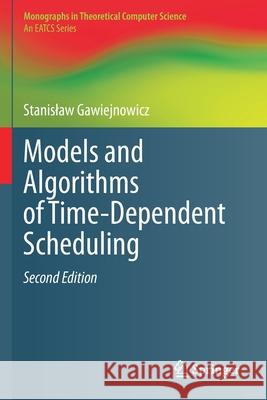Models and Algorithms of Time-Dependent Scheduling » książka
topmenu
Models and Algorithms of Time-Dependent Scheduling
ISBN-13: 9783662593646 / Angielski / Miękka / 2021 / 538 str.
Models and Algorithms of Time-Dependent Scheduling
ISBN-13: 9783662593646 / Angielski / Miękka / 2021 / 538 str.
cena 603,81
(netto: 575,06 VAT: 5%)
Najniższa cena z 30 dni: 578,30
(netto: 575,06 VAT: 5%)
Najniższa cena z 30 dni: 578,30
Termin realizacji zamówienia:
ok. 16-18 dni roboczych.
ok. 16-18 dni roboczych.
Darmowa dostawa!
Kategorie:
Kategorie BISAC:
Wydawca:
Springer
Seria wydawnicza:
Język:
Angielski
ISBN-13:
9783662593646
Rok wydania:
2021
Wydanie:
2020
Numer serii:
000402074
Ilość stron:
538
Waga:
0.77 kg
Wymiary:
23.39 x 15.6 x 2.9
Oprawa:
Miękka
Wolumenów:
01
Dodatkowe informacje:
Wydanie ilustrowane











